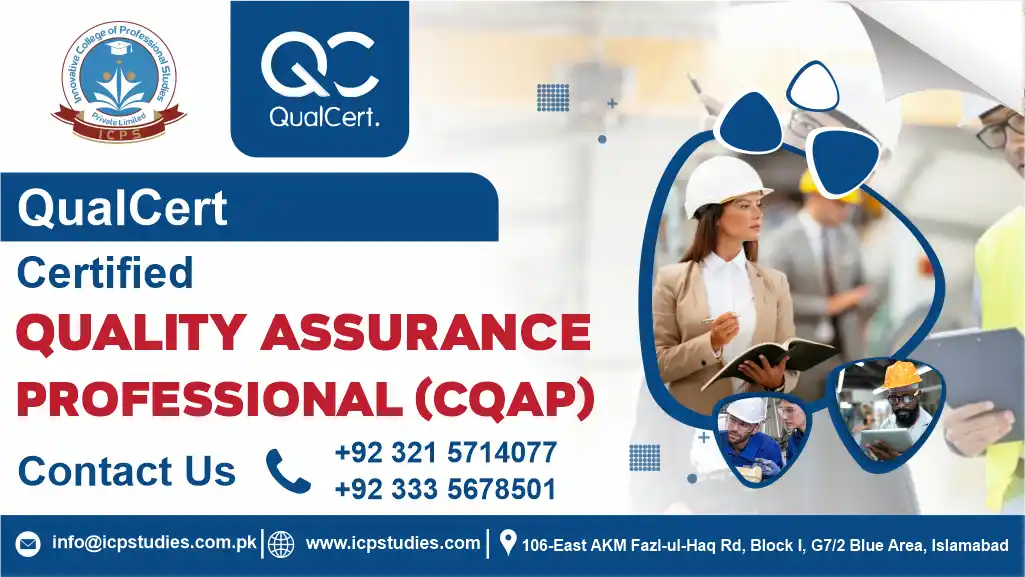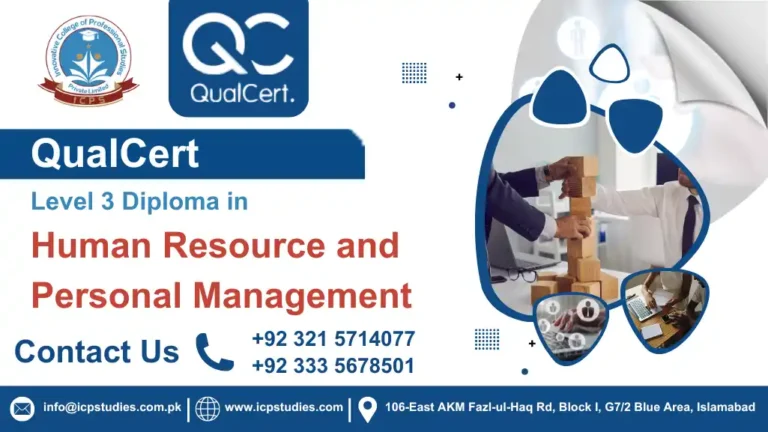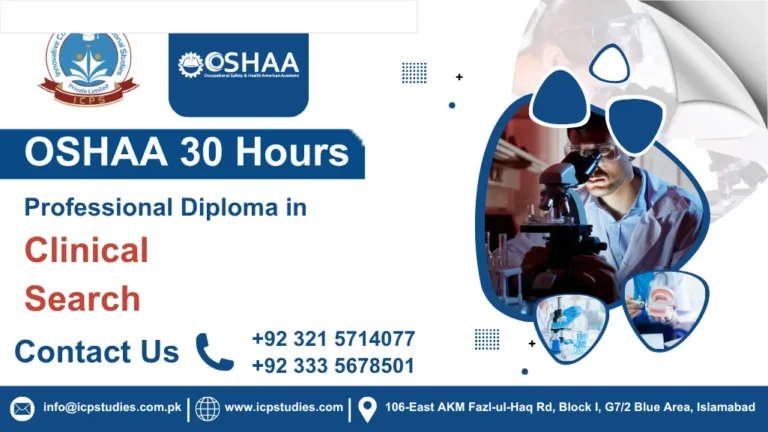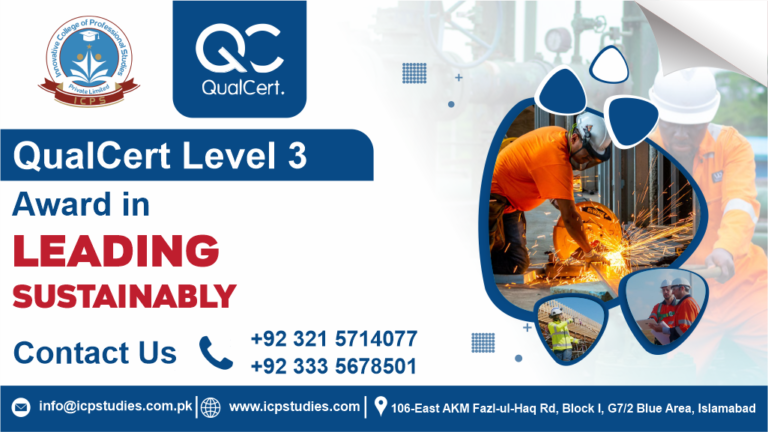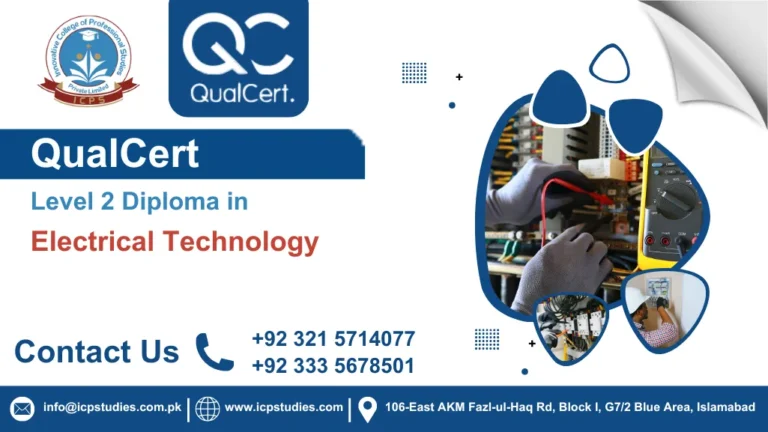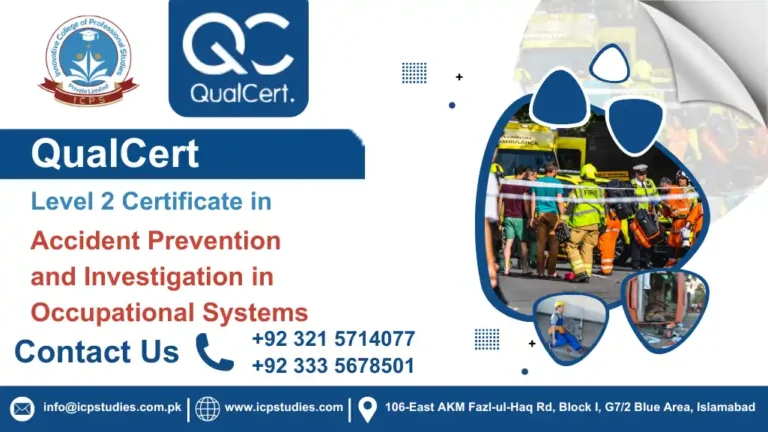In today’s fast-paced business environment, maintaining high standards of quality is paramount. This is where Quality Assurance (QA) professionals play a crucial role in ensuring processes and products meet the highest industry standards. If you’re looking to enhance your career in quality assurance, the QualCert Certified Quality Assurance Professional (CQAP) certification is a fantastic opportunity to showcase your skills and expertise. This UK-based, globally recognized certification is assignment-based and designed for professionals who want to elevate their career in the quality assurance industry.
The QualCert Certified Quality Assurance Professional (CQAP) certification is a prestigious credential aimed at equipping professionals with the essential skills and knowledge needed to excel in quality assurance roles. This course is entirely assignment-based, allowing candidates to demonstrate their practical understanding of QA concepts through real-world applications.
The QualCert Certified Quality Assurance Professional (CQAP) certification is the ideal choice for professionals looking to enhance their careers in quality assurance. With its globally recognized status, practical assignment-based learning, and focus on real-world applications, the CQAP certification equips you with the knowledge and skills necessary to excel in the ever-evolving QA industry. Whether you’re a seasoned professional or new to the field, enrolling in this course will set you on a path toward a successful and fulfilling career in quality assurance.
Don’t wait—take the first step toward advancing your career today by enrolling in the CQAP certification program.
All About QualCert Certified Quality Assurance Professional (CQAP)
Course Overview
The QualCert Certified Quality Assurance Professional (CQAP) certification is a distinguished UK-based program designed to elevate the skills and expertise of professionals in the field of quality assurance. This certification is globally recognized and offers a comprehensive, assignment-based learning experience that equips you with the knowledge and practical skills necessary to excel in quality assurance roles across various industries.
The CQAP certification focuses on providing in-depth knowledge of quality management systems, methodologies, tools, and practices essential for ensuring quality across projects, products, and processes. With a curriculum tailored for professionals at different stages of their careers, this course enables participants to apply their learning directly to real-world scenarios, making it highly practical and relevant to the demands of today’s industry.
This globally accepted certification offers a flexible, self-paced approach, making it an ideal choice for individuals looking to advance their career in quality assurance while maintaining a balance with work and personal commitments. Whether you’re a beginner or a seasoned professional, the CQAP certification is designed to provide the foundational knowledge, hands-on experience, and recognized credentials to drive your career forward in quality assurance.
Study Units
- Introduction to Quality
- Legal and Ethical Aspects in QA
- Quality Management Systems (QMS)
- Statistical Process Control (SPC)
- Auditing Principles and Practices
- The entry requirements for the QualCert Certified Quality Assurance Professional (CQAP) course are as follows:
- Age: Participants must be at least 18 years old.
- Education: A high school diploma or equivalent (such as a GED) is required.
- Experience: While prior experience in quality assurance or a related field is advantageous, it is not a prerequisite. However, a basic understanding of quality management concepts can be helpful.
- English Language: Proficiency in English is essential, as all course materials and instruction are delivered in English.
The Certified Quality Assurance Professional (CQAP) course is designed for a diverse group of professionals involved in quality management and related fields. Specifically, this course is ideal for:
- Quality Assurance Professionals: Individuals currently in quality assurance roles, such as quality managers, quality control analysts, and quality engineers, looking to deepen their expertise and advance their careers.
- Quality Control Specialists: Professionals responsible for implementing and monitoring quality control processes, who wish to enhance their knowledge of quality management practices.
- Project Managers: Project managers who need to integrate quality management principles into their project workflows to ensure successful project outcomes and maintain high standards.
- Process Improvement Specialists: Professionals focused on process improvement initiatives, such as Six Sigma Black Belts or Lean practitioners, seeking formal recognition of their expertise with a certified qualification.
- Regulatory Compliance Officers: Individuals ensuring compliance with industry regulations and standards, who need a solid understanding of quality management systems and compliance requirements.
- Operational Managers: Managers in operational roles overseeing production processes and ensuring that quality standards are consistently met.
- Consultants: Quality management consultants providing advisory services to organizations looking to enhance their quality systems and practices.
- Aspiring Quality Professionals: Individuals interested in starting a career in quality management or enhancing their credentials to enter the field.
- Business Owners and Leaders: Executives and business owners who want to gain a strong understanding of quality management principles to drive organizational excellence and improve customer satisfaction.
The CQAP certification equips professionals with the knowledge and skills needed to excel across various industries, including manufacturing, healthcare, finance, and services. It is particularly beneficial for those aiming to lead quality management initiatives, enhance quality systems, and contribute to organizational success.
Learning Outcomes
Upon successful completion of this program, participants will be able to:
Introduction to Quality Assurance
- Understand the fundamental principles of quality assurance and its critical role in ensuring both product and service quality.
- Gain insights into the core concepts, definitions, and methodologies within the field of quality assurance.
- Recognize the significance of quality assurance across various industries and its direct impact on organizational success.
- Identify the roles and responsibilities of quality assurance professionals in different organizational settings.
Quality Management Systems (QMS)
- Develop a clear understanding of the components and structure of Quality Management Systems.
- Learn the key standards for implementing a QMS, such as ISO 9001, and their importance in driving quality across organizations.
- Understand the process of continuous improvement and the role QMS plays in enhancing operational efficiency.
- Gain skills in evaluating, implementing, and refining existing QMS within an organization to ensure continuous quality enhancement.
Quality Tools and Techniques
- Master essential quality tools and techniques such as flow charts, control charts, and Pareto analysis for problem-solving and process improvement.
- Learn to apply these tools effectively for decision-making, process analysis, and identifying areas for improvement.
- Understand the importance of data collection, measurement, and analysis in driving successful quality assurance initiatives.
Statistical Process Control (SPC)
- Gain an in-depth understanding of the principles and methods used in Statistical Process Control (SPC).
- Learn to design, implement, and interpret control charts to monitor and improve processes.
- Understand how SPC is applied to detect variations in processes and maintain consistent product quality.
- Develop the ability to analyze SPC data and make informed decisions for process optimization.
Auditing Principles and Practices
- Understand the principles and objectives behind quality audits and their role in maintaining organizational standards.
- Learn the steps involved in planning, conducting, and reporting on audits to ensure compliance with quality standards.
- Gain practical experience in applying auditing techniques to assess processes, systems, and identify areas of improvement within an organization.
Legal and Ethical Aspects in QA
- Understand the legal and ethical considerations in quality assurance, including key regulations and compliance requirements that impact QA activities.
- Learn about industry-specific laws and standards that influence quality assurance practices and outcomes.
- Recognize the importance of maintaining ethical behavior and integrity in quality assurance, ensuring that products and services meet the highest standards.
- Develop the ability to navigate legal challenges and uphold ethical standards while implementing quality assurance practices within an organization.
FAQs QualCert Certified Quality Assurance Professional (CQAP)

